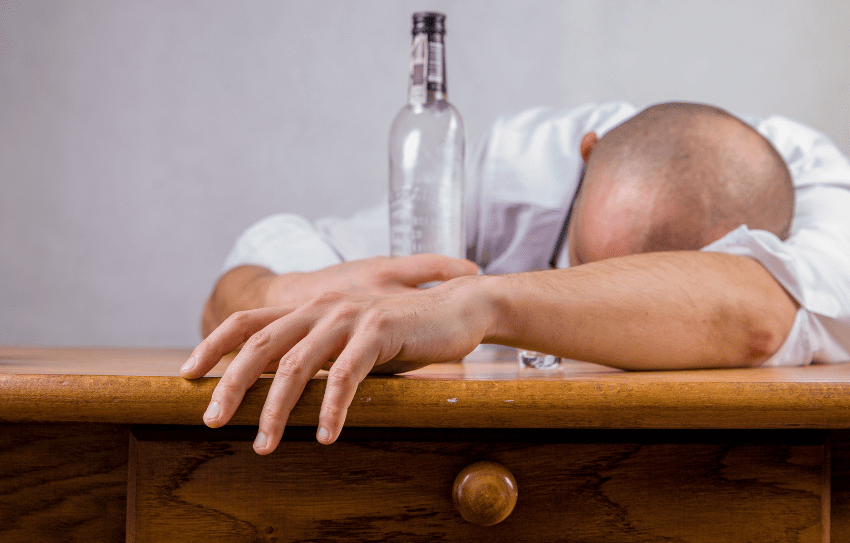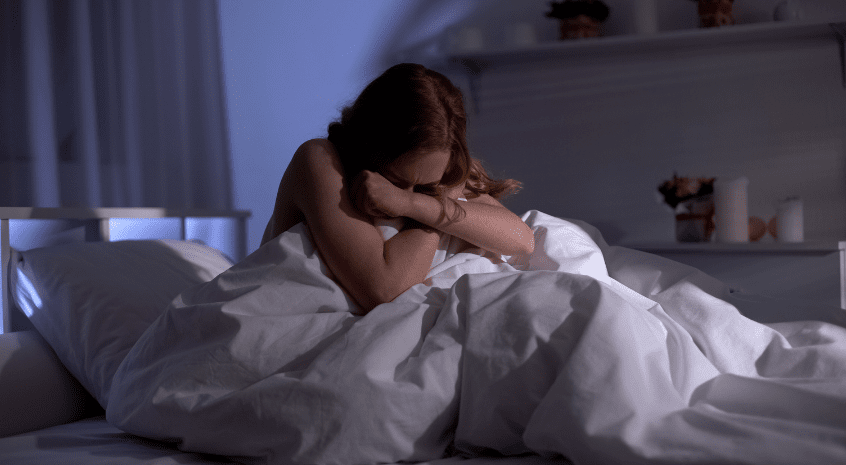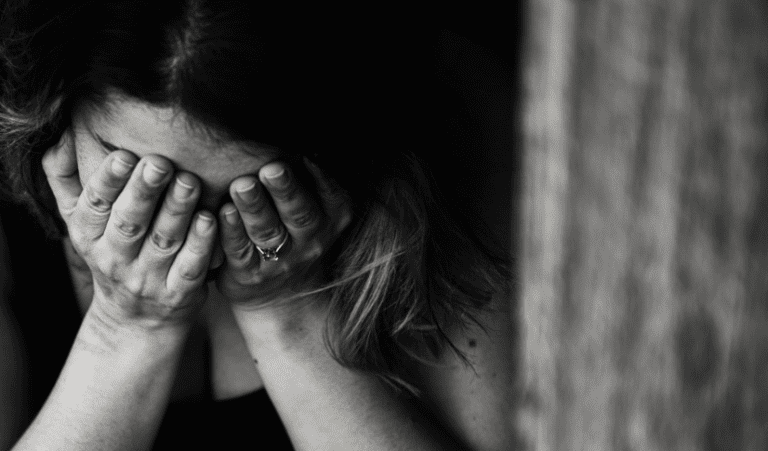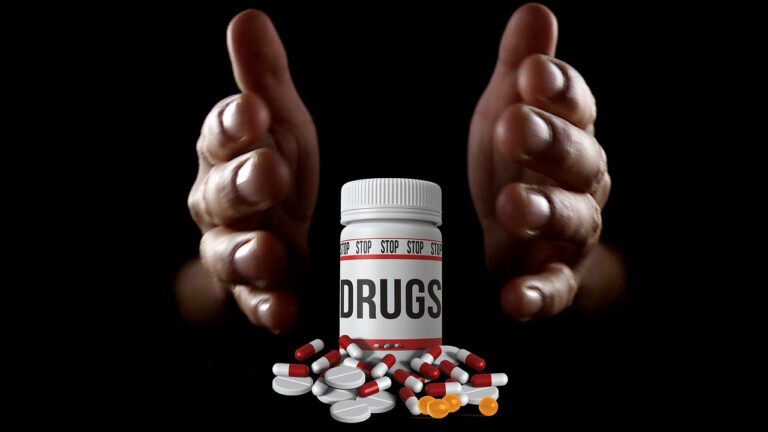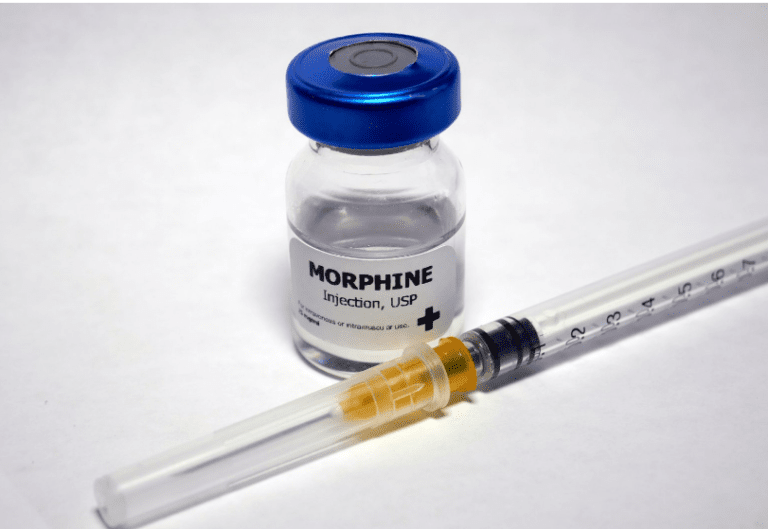What Do Alcohol Withdrawals Feel Like?
Alcohol withdrawal symptoms vary based on the severity of the addiction. A person with a mild alcohol abuse disorder (AUD) may be able to reduce or cease alcohol abuse on their own. For those with moderate to severe alcohol addictions, it is highly recommended that detox is undergone in a medically-supervised environment with doctor supervision.
The experts at Oasis Recovery offer an alcohol addiction treatment program that begins with a personalized assessment to determine the severity of the addiction as well as a client’s individual circumstances. A treatment plan is then developed alongside a team of medical physicians to determine how best to proceed. We ensure clients that their safety and security remain our top concerns. Detox occurs under 24/7 medical supervision in case withdrawal symptoms cause any extreme distress or require emergency medical intervention. Reach out to us today to speak with a specialist about detox and our specialized treatment programs developed to break the cycle of abuse and achieve lasting sobriety.
Common Symptoms of Alcohol Withdrawal
There are many signs and symptoms associated with alcohol withdrawal. Withdrawal symptoms vary from person to person and are impacted by the severity of the physical and psychological dependency. Those with a mild alcohol use disorder may appear “functional” whereas those who have moderate to severe alcohol addictions are more likely to display physical signs of withdrawal as well as life issues associated with addiction.
Common symptoms of alcohol withdrawal can include:
- Anxiety
- Restlessness
- Agitation
- Irritability
- Nervousness
- Fatigue
- Shakiness or tremors
- Sweating
- Nausea or vomiting
- Mood instability
- Inability to focus or concentrate
- Headaches
- Changes in appetite
- Sleep issues
Severe withdrawal symptoms can include:
- Fever
- High blood pressure
- Extreme agitation
- Confusion
- Hallucinations
- Seizure
Alcohol is a depressant or downer. As the euphoric effects of alcohol subside, those with alcohol addictions can feel acute depressive episodes. To avoid the negative feelings associated with withdrawal, those with a physical or psychological dependence on alcohol feel an urge to consume more alcohol. This activity of habit “maintenance” fuels the cycle of abuse.
Negative signs and symptoms associated with alcohol withdrawal can include:
- Changes in behavior
- Mood instability
- Negative attitude
- Lack of energy
- Lack of enthusiasm
- Lack of interest in hobbies
- Changes in appetite
- Changes in sleep patterns
- Difficulty falling asleep
- Difficulty staying asleep
- Sadness
- Despair
- Low self-worth
- Feelings of hopelessness
- Crying without a clear reason
If any of these signs or symptoms sound familiar, we encourage you to reach out for help. Early intervention is always best but it’s never too late to find a path to recovery.
Treatment Options for an Alcohol Abuse Disorder (AUD)
It’s always recommended that clients seek inpatient or residential treatment for safe detox. Those who have relapsed and previously been through a treatment program may be good candidates for an Intensive Outpatient Program (IOP). This depends on a person’s life circumstances. If their home, work, or community life contains a lot of high-risk triggers then it may be a more sensible and practical option to take time to take care of yourself in a residential treatment program. Taking care of yourself is not selfish. Once you return home, you will be much better suited to properly fulfill your personal, family, childcare, and work responsibilities.
Outpatient Treatment (OT) may be the preferred choice because clients are able to continue to fulfill their family, childcare, and work responsibilities. Some clients prefer outpatient treatment because they are able to return home at the end of a day of treatment and sleep in their own bed with the comforts of home.
Contact Us About Recovery Options Today
Oasis recovery offers aftercare programs to help clients find and develop a safety net that is essential for relapse prevention. A 12 Step program can be a terrific asset as clients return to their daily activities. Time spent in group sessions gives clients the opportunity to learn from like-minded individuals who have lived through similar challenges and this can help keep them on the path to lasting recovery.
Reach out to us today to speak with a specialist about a personalized treatment plan that can help you get sober and stay sober.



